






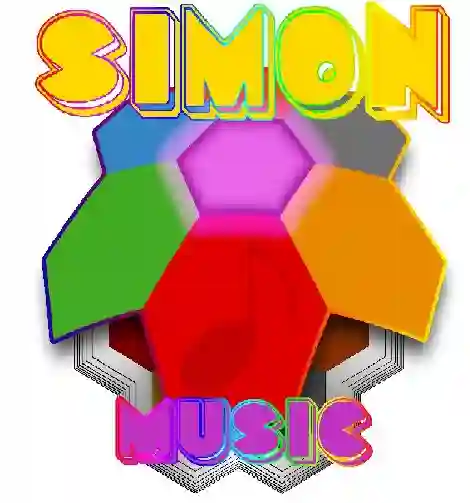

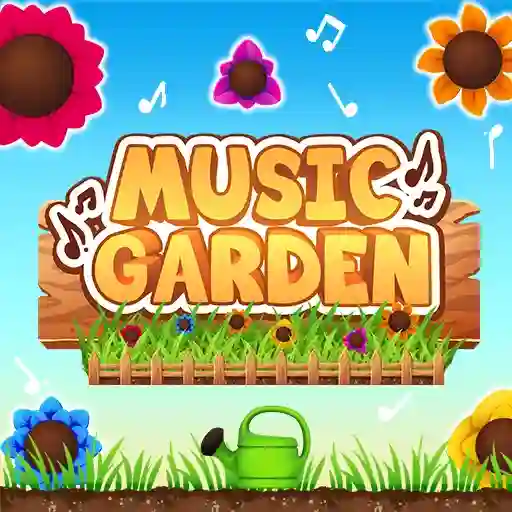
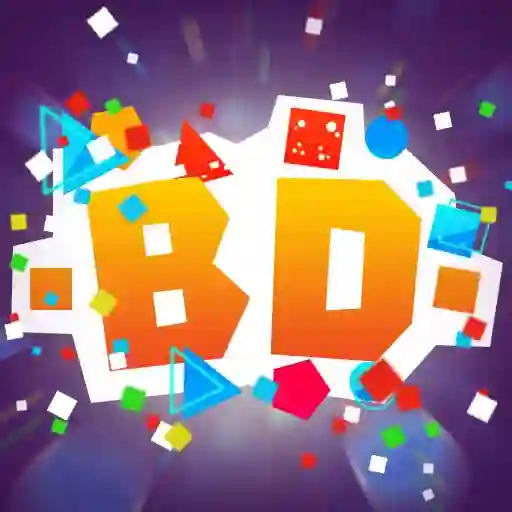
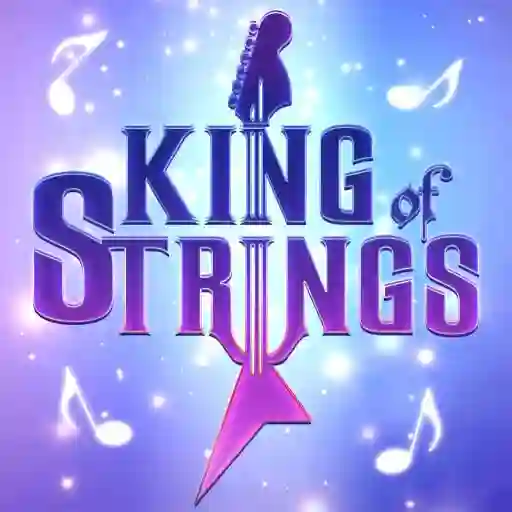











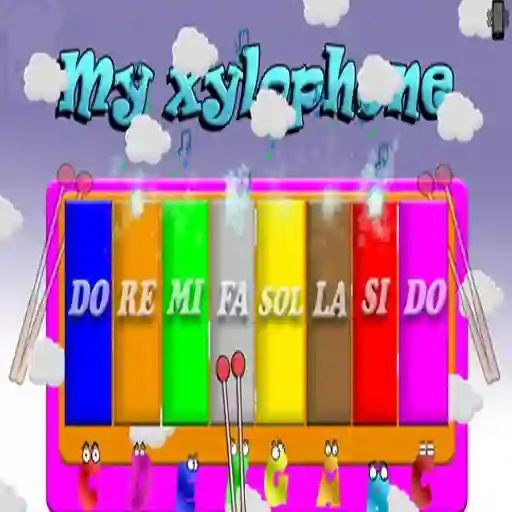




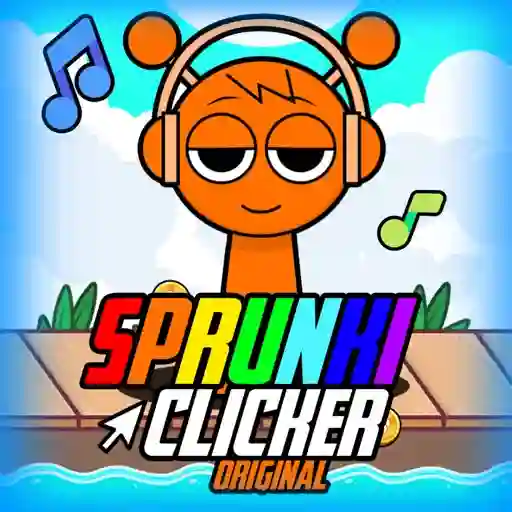



Music games are interactive experiences that combine gameplay with music, where rhythm, timing, and audio elements play a central role. These games often challenge players to press buttons, tap screens, or perform physical actions in sync with the music and visuals. Music games come in various forms, including rhythm games, music puzzle games, and performance simulation games.
Key features of music games:
• Rhythm-based gameplay: Players must time their actions precisely with the music.
• Audio-driven experience: Music is not just background but a core element of the game.
• Varied genres and modes: Includes genres such as rock, pop, classical, and gameplay modes like story, arcade, and multiplayer.
• Nostalgia and cultural appeal: Many music games feature popular songs or timeless classics, attracting a wide audience.
How to play:
What makes music games different from other games?
Music games are unique because music is the primary mechanic, requiring players to interact with the game through rhythm and timing rather than traditional gameplay elements like combat or exploration.
Do I need to have musical knowledge to play music games?
No, you don’t need musical knowledge to enjoy music games. The gameplay is based on rhythm and timing, which can be learned as you play.
Are music games suitable for all ages?
Yes, music games are generally family-friendly and can be enjoyed by players of all ages. Many games feature popular songs or kid-friendly tracks, making them accessible to a broad audience.